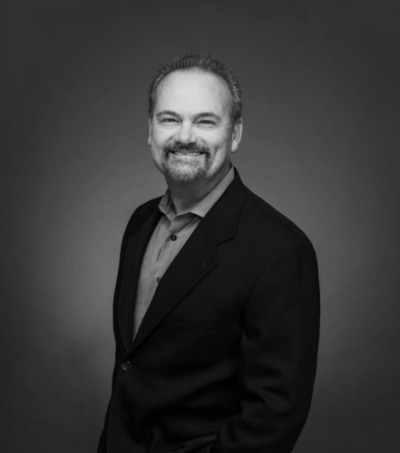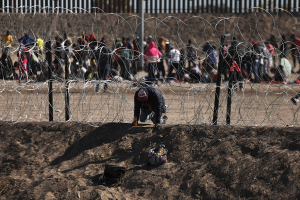The illusion of freedom
There is nothing better than the free silly spirit of an eight year old. Gangly, energetic and bouncing from one adventure to the next. In a healthy family, life is secure and safe. Parents are in control and all their needs are met, allowing the freedom to let loose and enjoy life.
Then come the teenage years. Hormones, emotions and unpredictability. The militant search for autonomy, identity and self-esteem. What was once appreciated — parents and their rules — become restrictions and a threat to personal freedom.
This is the paradox of freedom. Childhood has the most rules and constraints yet the greatest freedom from psychological conflict. Versus the teenage years and taste of freedom which is frequently filled with psychological turmoil.

Rules and authority seem like a contradiction as a pathway to freedom. As a teenager you would never convince me that any authority was a road to independence. To the contrary my conviction was, “Leave me alone, give me what I want and I will be happy and free.” I believed there was something inside humanity that held the truth, authenticity and meaning of life. I thought that parents, rules and God would suffocate my free expression and suppress the real me.
But life’s journey has taught me otherwise. Especially the experiences derived from my work as a psychologist.
For much of my career I worked in one of California’s wealthiest beach communities where millionaires, celebrities and national sports figures lived in plush oceanside estates.
One patient stands out in my mind. A prominent retired physician and professor. Profoundly depressed and complaining that life had no meaning — his career behind him and children gone. He had the “American Dream” but was a slave to life’s unanswered questions. The eternal questions. “Why am I here? “What happens when I die? What was the purpose of my life?”
Another paradox of life: If we have all the physical pleasures we want there is more time to think about the eternal questions of purpose and being. But when the pleasures of life are removed, or necessities of life challenged, the spiritual life becomes less important and sometimes totally forgotten.
This conflict of life’s physical needs verses spiritual freedom is poignantly illustrated by the Jew’s deliverance from Egyptian slavery. While in Egypt they had all the basic provisions of life. A home, all the food they wanted and their community of families. But they didn’t have the freedom to pursue their God, their values and beliefs. So God provided freedom through Moses.
But once freed from the Egyptians, the freedom to pursue God grew less attractive. Who wants to talk about religion, God and the meaning of life in a hot and humid tent stuck in the desert?
Israel grumbled to Moses, “We ate all the food we wanted in Egypt” (Exodus 16:3). The physical provisions the Jews had under Pharaoh overshadowed the pursuit of God. The children of Israel were willing to give up their spiritual freedom for the jobs, homes and prosperity of the Egyptian Empire.
It is the illusion of freedom to think that material possessions are the key to self-discovery. Wealth can exhilarate your emotions and heal the sting of poverty, but “stuff” can’t provide enlightenment. You may be freed from the material needs and wants of life, but left with the unanswered questions of the soul.
As children of God we are offered the freedom of a loving Father. He permits the rebellion of our teenage hearts and allows self-discovery. We can strive for the riches of the world or wander in the desert alone, overwhelmed. But whatever we discover at the end of the rainbow, it needs to be true, real, authentic. Which is why Jesus said, “The Truth will set you free.” (John 8:32)
When something is “true” it has the quality of being authentic and genuine. It is free from impurities. A counterfeit dollar bill, for instance, isn’t “true” because it doesn’t have the intended qualities of what makes a dollar bill authentic.
Likewise, life without God is a counterfeit existence missing the qualities of our creator. Qualities that set us free from insecurities, suffering and fear of death. Freedom from the consequences of rebellion, deception of riches and exhaustion in the desert.
It is why Jesus said TRUTH will set you free. It is the key to your authentic self, the real “you” created by God. The Father who wants his rebellious teenager home and safe, free to be the silly eight year old secure in the love of God.
It is the beautiful paradox of freedom in the grace of Christ.
“Whoever finds their life will lose it, and whoever loses their life for my sake will find it.” (Matthew 10:39).
If you think you have “found your life” because you are free to do whatever you want, you will actually lose it. It is an illusion. But if you lose your life, by giving it to Jesus you will find The Truth that will set you free.
Dr. David Zuccolotto is a former pastor and clinical psychologist. For 35 years he has worked for hospitals, addiction treatment centers, outpatient clinics and private practice. He is the author of The Love of God: A 70 Day Journey of Forgiveness.




























